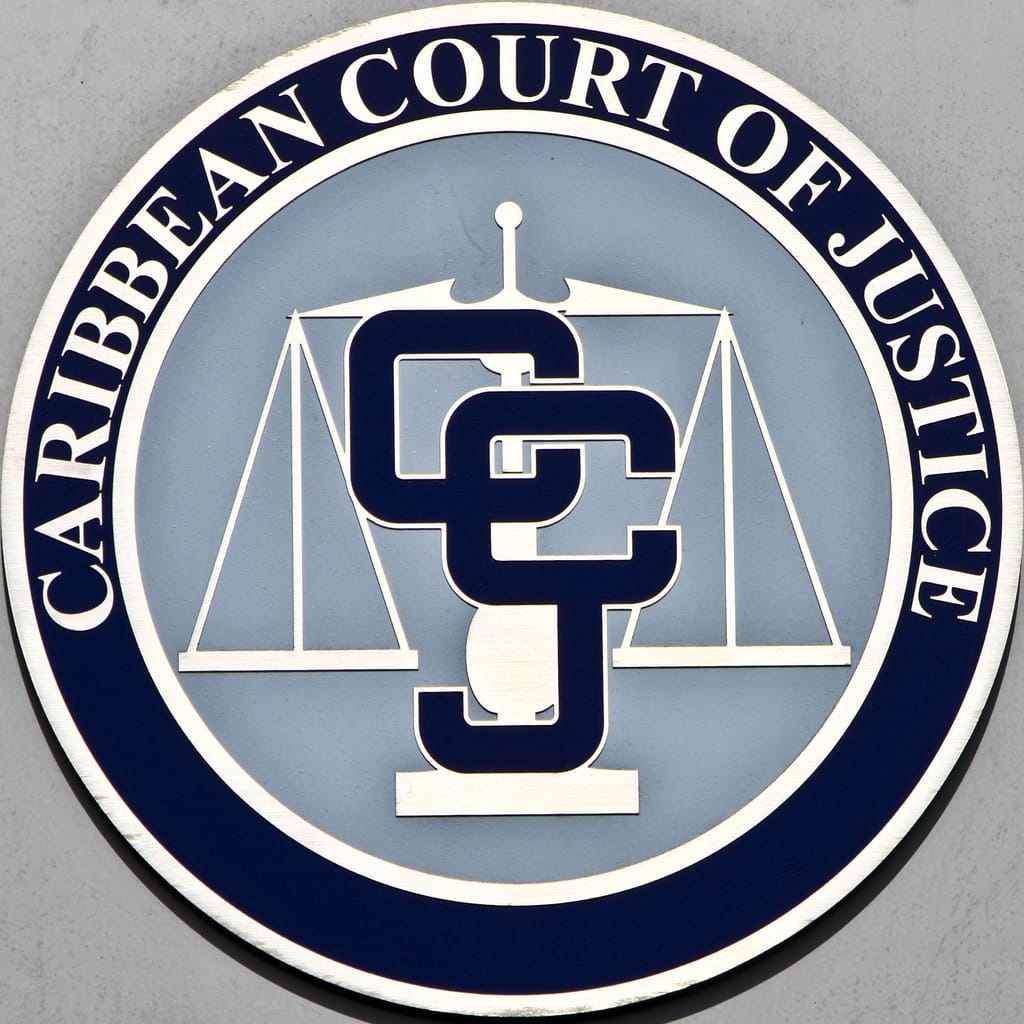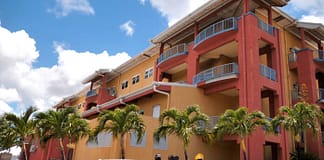
CCJ Issues its Reasons in Sears Appeal
Port of Spain, Trinidad and Tobago. Today, the Caribbean Court of Justice (CCJ) issued its reasons for allowing the Belizean appeal in Hillaire Sears v The Parole Board, Minister of National Security and The Attorney General of Belize [2022] CCJ 13 (AJ) BZ which it heard on 3 May 2022.
On 20 May 2022, the CCJ declared that Mr Sears’ reincarceration on 3 April 2014 had breached his constitutional right to personal liberty and that the revocation of his parole by the Parole Board on 28 May 2014, breached his constitutional rights to both personal liberty and equal protection of the law. Importantly, the CCJ quashed the decision of the Parole Board to revoke Mr Sears’ parole and ordered his immediate release from prison.
Mr Sears was serving a 25-year sentence for manslaughter, when he was granted parole on 21 December 2012. On 3 April 2014, while working at the prison, Mr Sears was suspected of having cannabis in his possession, thus violating one of the conditions of his parole. He was subjected to a urine test, detained and subsequently, remained in prison for 55 days until, on 28 May 2014, he was informed in writing by the Parole Board that the urine analysis confirmed that he had tested positive for cannabis and his parole had been revoked. Mr Sears was never afforded an opportunity to be heard by the Parole Board. Four years later, he brought a constitutional claim challenging the lawfulness of his detention and the revocation of his parole.
The Supreme Court of Belize dismissed Mr Sears’ claim. That country’s Court of Appeal, confining itself to procedural issues, agreed with the Supreme Court.
At the CCJ, Justices Wit and Rajnauth-Lee delivered the reasons of the Court. The CCJ disagreed with the lower courts, finding that Mr Sears had not used the wrong procedure to bring his claim for the breaches of his constitutional rights. Mr Sears had alleged the arbitrary use of state power, incarceration without legal authority and the revocation of his parole without due process. These were genuine claims of infringements of his fundamental rights. In fact, in 2014, when his parole was revoked, there was no possibility of judicial review under the Prison Rules, the legal framework for parole at that time. Further, there was no merit in the argument that the Supreme Court was not empowered to quash the Parole Board’s decision under a constitutional claim, given the wide powers of the court under s 20 of the Constitution.
With specific reference to Mr Sears’ reincarceration on 3 April 2014, the CCJ noted that the Prison Rules had provided important constitutional safeguards for parolees suspected of having breached the conditions of their parole. In Mr Sears’ case, he was not afforded any of those safeguards when he was arrested and detained. The Court was, therefore, satisfied that Mr Sears’ arrest and detention on 3 April 2014 was arbitrary, without any legal authority and without due process. Accordingly, he was deprived of his fundamental right to personal liberty for those 55 days from 3 April until 28 May 2014, when the Parole Board revoked his parole.
In relation to the revocation of his parole, the Court was of the view that the decision of the Parole Board on 28 May 2014 breached Mr Sears’ constitutional rights to personal liberty and equal protection of the law. He was not afforded any opportunity to make written or oral representations to the Parole Board. He was only informed in writing that the Parole Board had revoked his parole 55 days after he was unlawfully detained. Accordingly, he was denied the procedural fairness required by the Constitution of Belize.
The matter was heard by the Honourable Mr Justice Adrian Saunders, President of the CCJ and the Honourable Justices Jacob Wit, Winston Anderson, Maureen Rajnauth-Lee and Andrew Burgess. Ms Leslie Mendez and Mr Hector Guerra appeared for the appellant. Ms Samantha Matute-Tucker, Assistant Solicitor General, appeared for the respondents.
The full judgment of the Court and judgment summary are available on the CCJ’s website at ccj.org.
Advertise with the mоѕt vіѕіtеd nеwѕ ѕіtе іn Antigua!
We offer fully customizable and flexible digital marketing packages.
Contact us at [email protected]












